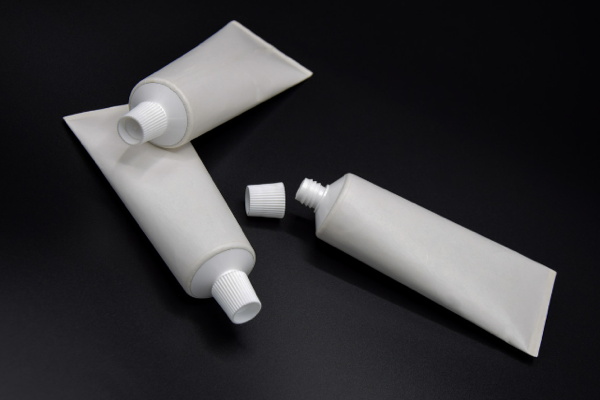Albéa and L’Oréal, as part of their venture, declared the creation of what is depicted as the foremost carton-based cosmetic tube, wherein plastic is for the maximum share substituted with a certified and bio-based paper-like substance. This invention is intended as a substitute solution to specific kinds of cosmetic packaging. Its ecological advantages will be evaluated via a multi-criteria Life Cycle Analysis. This association imitates ambitions of Albéa and L’Oréal with respects to accountability, and also their mark of the Ellen McArthur Foundation’s New Plastics Economy Global Commitment.Moreover, this project shows that partnership between industry specialists is necessary to develop pioneering inventions.
Soon, the new technological solution is prepared to be rolled out, with industrial production intended for 2020. L’Oréal’s VP for Packaging & Development, Philippe THUVIEN, elucidates, “We, since 2007, have been continually enhancing our packaging’s environmental footprint. At present, we are getting a step ahead and introducing this new technology derived from certified paper. By functioning upstream and thoroughly with Albéa to co-create this pioneering invention, we intend to develop a novel paper-based tube wrapping for our cosmetic packaging. We aim a foremost market rollout for skincare products in 2020’s second half. L’Oréal is devoted to enhancing the ecological or social profile of 100% of its packaging by 2020’s end. This alternative, innovative solution is a vital section of the packaging strategy of the Group.”
Likewise, Ariel intends to amplify post-consumer resin in its liquid HDPE detergent bottles by up to 50% across Europe, accessible to purchase from March 2020. This is one more major landmark in attaining the Ariel 2030 Brand Ambition of reactivating a better saving, clean 50% sources, comprising virgin plastics, by 2030. Lenor fabric conditioner’s transparent PET bottles will intend to attain up to 100% PCR plastic and will be accessible early next year.
